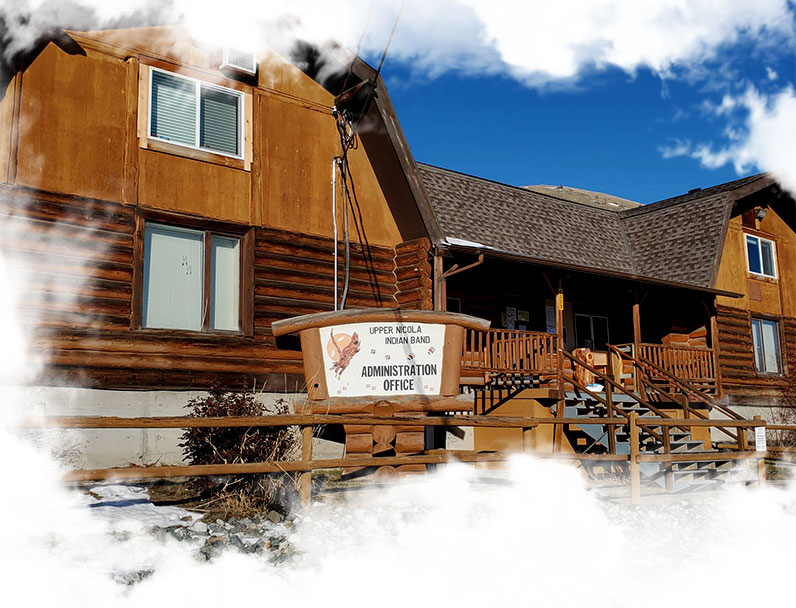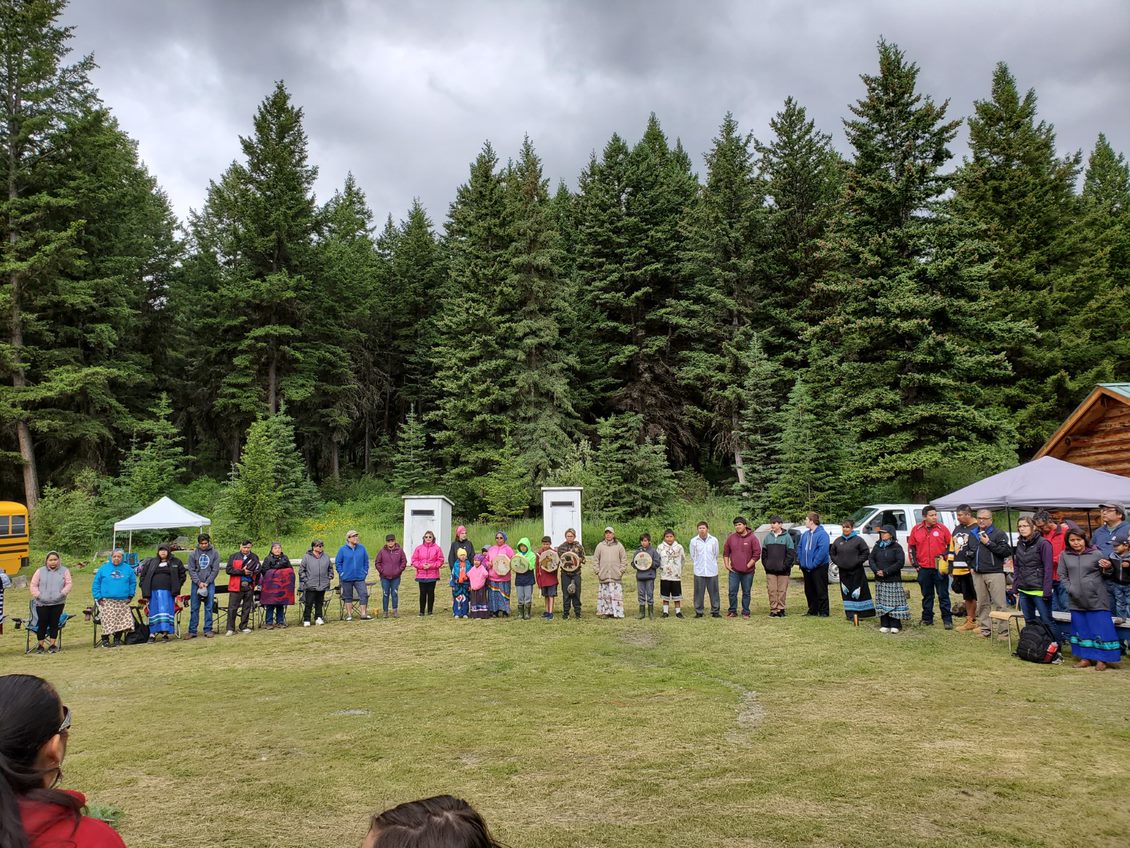We are the only Syilx (Okanagan) community in the Nicola watershed.

Who We Are
Upper Nicola is the only Syilx (Okanagan) community in the Nicola Valley.
In the 18th century, ancestors of Upper Nicola permanently inhabited the Upper Nicola and Salmon River watersheds as a result of the Fish Lake Accord with the Kamloops Shuswap tribe. The agreement was made in the late 1700s between the Chiefs of the T’kemlups Secwepemc and the Syilx to end wars between these two communities, where the Syilx were granted the former Secwepemc territory in the vicinity of Douglas Lake. We have traditionally shared this region with our Nlaka’pamux neighbours, the Interior Salish Nation that inhabited the Thompson River region to the south. Our alliances, exchanges, and intermarriages with our neighbours over the centuries have made us a strong and diverse community.

Before European colonization brought about the removal of our people from our traditional settlements, we lived in villages ranging in size from just a few families to several hundred residents. Village and band autonomy were strongly valued, and chiefs were recognized on the basis of achievement or heredity. We actively pursued peaceful means in resolving issues between groups and placed great weight on qualities of modesty and respect.

We were stewards of the lands and waters that nourished us and treated them with reverence. We took only what was needed and were experts in the uses of plants and animals. We were careful stewards of our environment, using regular controlled burning to clear brush and produce abundant berries and roots for harvesting. Water is revered as sacred and is part of creation stories, teaching and laws in Upper Nicola/Syilx spirituality, and must be treated with respect and dignity.
Today, many of us still carry out traditional activities, particularly berry and mushroom picking, fishing, and hunting within our traditional territory. While fewer of us participate in spiritual and ceremonial practices, many of us are working to keep our language and the root of our culture alive and well.


